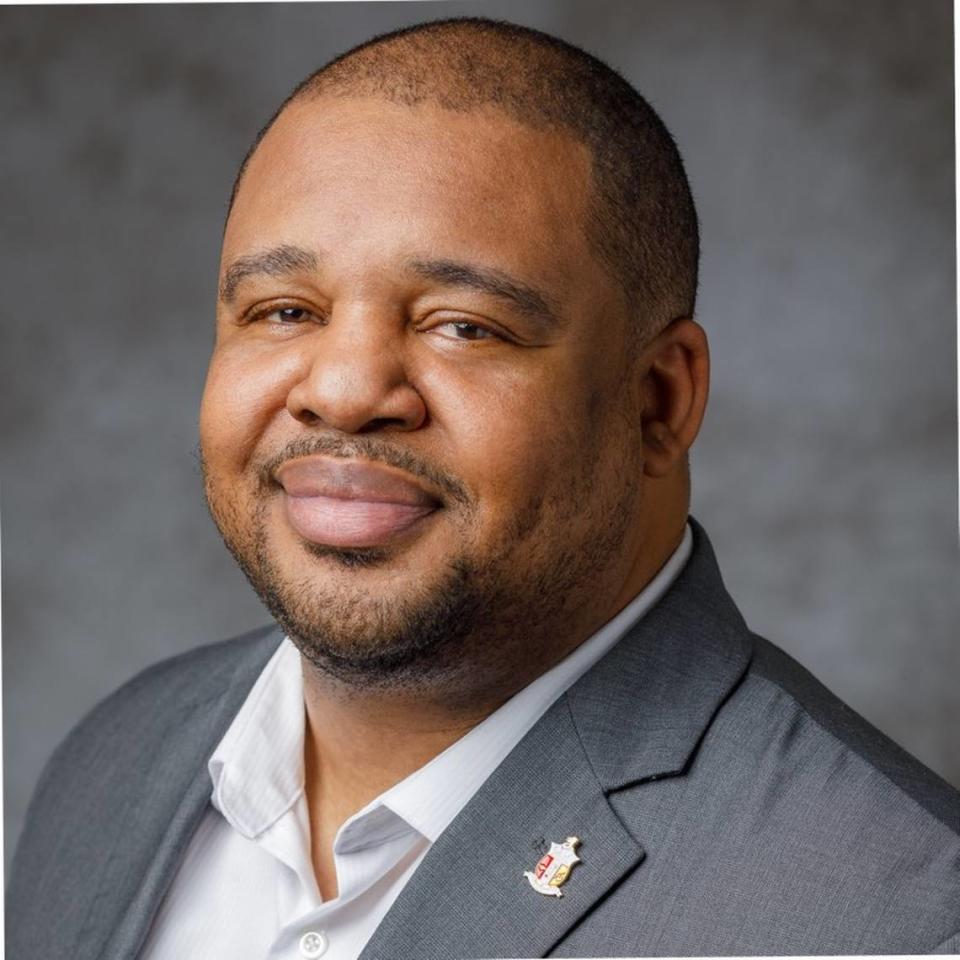Black educator: Juneteenth is about moving beyond the legacy of slavery
Several years ago, I had the opportunity to visit Ghana on the West Coast of Africa, a country whose history is forever linked to the United States through Cape Coast Castle, among other things.
Built by slave traders in the mid-1600s, the Castle held captured Africans until their forced relocation to the Americas. As an African American who grew up in Princeville, N.C., many intense feelings came over me touring the Castle, including motivation, sadness and a desire to persevere.
An especially profound feeling was a connection to the legacy of the millions of enslaved Africans who caught the last glances of their homeland as they passed through the Castle’s “Door of No Return” and onto slave ships. My connection to this legacy has motivated me as an individual and as an educator. It’s one reason why Juneteenth has a profound meaning for me.
Recently recognized as a federal holiday, Juneteenth honors the day in 1865 that the news of slavery’s abolishment made it to the last group of enslaved people in Galveston, Tex., though pockets of slavery still lingered after this date.
As an educator from Princeville — the oldest town incorporated by Blacks in the United States — I grew up understanding Juneteenth as a celebration of freedom and a reminder that equality in America is still a work in progress.

Despite my awareness of the barriers holding many Americans back, one of the greatest lessons from growing up in Princeville wasn’t of division, but that Americans have much more in common than not.
I was reminded of our shared American experience recently at a conference with colleagues from various ethnic and religious backgrounds. Despite our differences, the love for humanity, curiosity, and education we shared as Americans was a powerful bond that inspired and energized me.
Just as we share there “ups,” we also share the “downs,” no matter our race, creed, or religion. The pains we feel from loss, sickness or setbacks, the anger from injustice or unkindness, the fear we feel from the unknown, change or risk — these transcend our differences. While we cannot always prevent them from happening, we can control how we react to them.
In the past, I wondered why slavery happened, but today I choose to focus on what I can control — my response to its legacy. The question I ask now is, “How can I build on the legacy of those slaves who survived in a foreign land and became inventors, artists, entrepreneurs, lawyers, doctors, musicians?”
I am still angered and frustrated by slavery, but even greater is my conviction that the No. 1 solution to inequality is education. It is my mission as an educator to do something about it.
I am proud of the Western Governors University mission of empowering people to tear down barriers by acquiring knowledge. By providing accessible, affordable and career-advancing education to adult learners, we help people achieve the freedom at the heart of Juneteenth’s significance.
We are fortunate not to have had to pass through the “Door of No Return,” but we can do our part to make the legacy of those who did more than just one of enslavement. We can make it one of opportunity in pursuit of equality.
K. L. Allen is a North Carolina native who serves as chancellor of WGU Ohio, a state affiliate of online, nonprofit Western Governors University .

